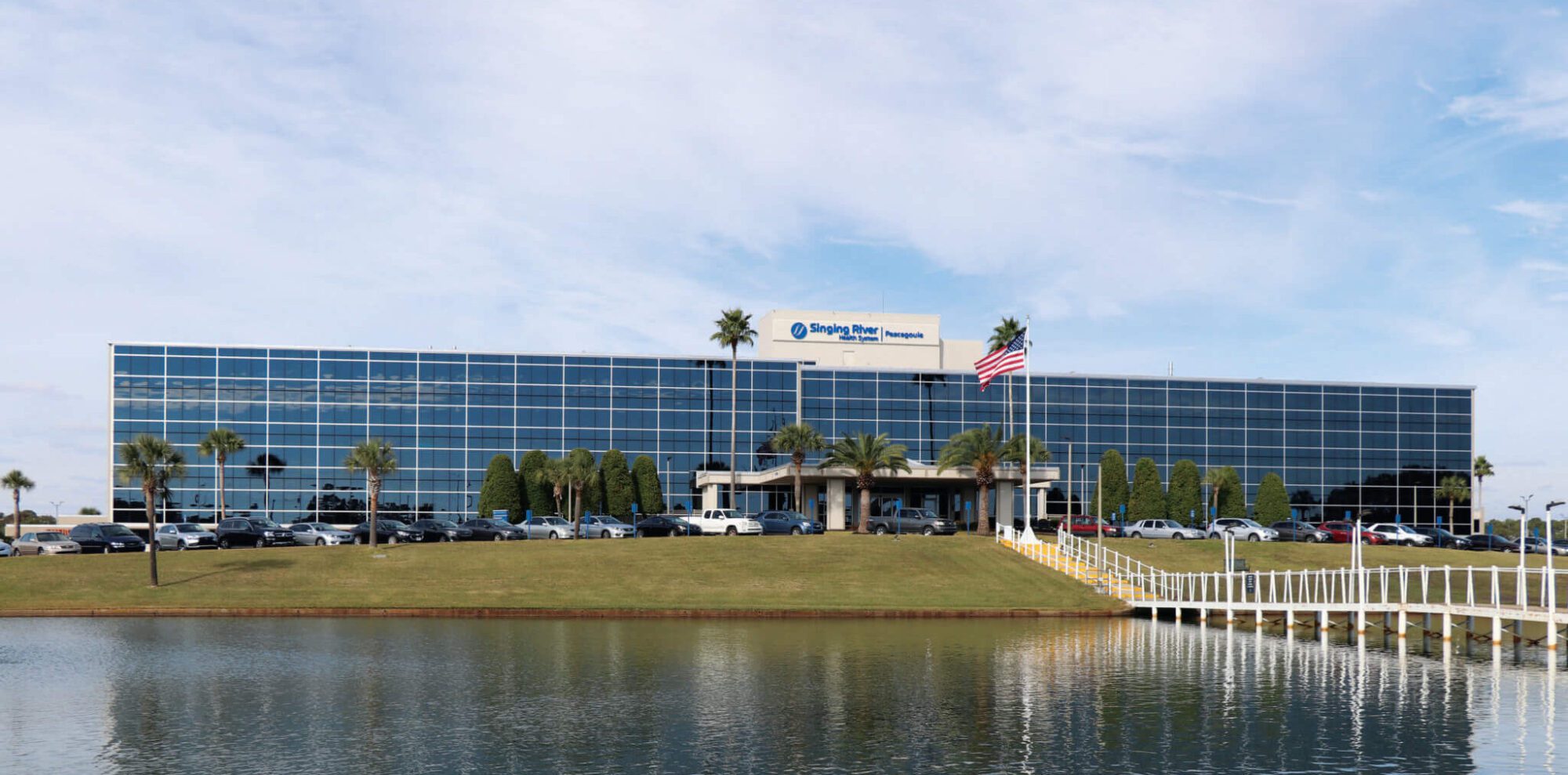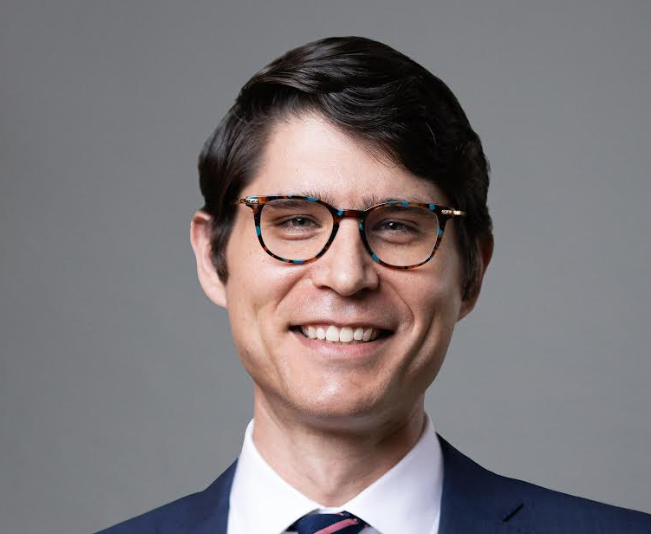
Columnist Phil Hardwick says economic development is a satisfying and rewarding profession offering the opportunity to make a difference in the community.
Are you considering a career in economic development? The answer is yes if you want to make a difference in your community by helping create jobs, increasing income levels, and improving the standard of living.
In this article, we will discuss the various career paths available in economic development, salaries, and provide some tips on how to get started. We will also offer some thoughts if you are already in the field.
WHAT IS ECONOMIC DEVELOPMENT?
Economic development is the process of creating wealth through the mobilization of human, financial, capital, physical and natural resources to generate marketable goods and services.
SKILLS NEEDED BY ECONOMIC DEVELOPERS
Based on 40,180 job postings related to economic development directors, marketing was the top specialized skill sought by employers, with 20% of all postings looking for that skillset. Skills for project management, finance, accounting, fundraising, and auditing were also highly sought. This, according to the Franklin University Best Adult Colleges and Careers Guide.
Successful economic developers develop working relationships with members of the community, especially local businesses, and the public. Maintaining these personal relationships is often the key to success in this position.
STARTING
For those starting out in this career path, I recommend joining a larger economic development organization at first because it is a good place to learn the skills and minutia of the profession. Examples of these include the Mississippi Development Authority, utility companies, planning and development districts, and the more populous county or regional economic development organizations. There are also economic development jobs with the federal government and with related companies, such as site selection consultants.
SALARIES
Salary ranges vary widely in this profession. Economic developers seeking a substantial increase in income often need to move up to a larger organization. That’s because most economic development organizations have relatively small staffs. In 2023, the median salary for an economic development director nationally is $74,689, according to the website www.payscale.com. The average economic developer salary in Mississippi was $67,931 as of September 25, 2023, according to salary.com. Salaries vary widely depending on the individual’s skills, education, length of time in the profession, and size of the organization and the community.
The Mississippi State Personnel Board website provides the following salary scales for the state government economic development positions indicated:
- Economic Development Specialist I (pay grade MS11) – $43,509.31 – $74,238.76
- Economic Development Specialist II (pay grade 11) – $51,693.41 – $88,201.89
- Economic Development Specialist III (pay grade 13) – $61,416.94 – $104,792.66
- Economic Development Team Lead (pay grade 15) – $74,308.36 – $126,788.64
- Economic Development Supervisor (pay grade 17) – $91,555.33 – $156,216.29
ALREADY AN ECONOMIC DEVELOPER?
If you are already in the field of economic development and are being recruited, the below questions should be considered.
What is the quality of life in the community? If you have a family, you will be very concerned about the schools, recreation, churches, etc. Although the job may be great, you must determine if it’s the type of place where you really want to live.
What about the Board? These are the people that you are going to be dealing with once a month at least. Are they diverse? Do they represent the community?
What about the chairperson of the board? This is the person whom you will be dealing with most of the time. Who is the incoming chairperson? You really want to know if you are in sync philosophically with the current chairperson and the incoming chairperson.
What is the history of economic developers in this community? Have they been fired? Why did they leave? Find out who they were, and if possible, contact them. Compare what they tell you with what the board tells you.
What is the community’s economic development strategy? Does it even have one? Some economic developers like to spend the first year on developing a new strategic plan. This is a good exercise because it quickly helps in getting to know the people in the community. But if there is a good economic development plan in place, there is no value in reinventing the wheel, so to speak. Are you going to be implementing a strategy that’s already in place or are you going to be helping create a new strategy?
What’s the budget? The budget is where the real priorities are. Look to see how much is spent on retaining jobs, creating new jobs from within the community, and bringing new jobs. What contingency funds do you have to work with? How much money outside the budget is there for a new project?
How does the community solve its problems? You should be interested in whether the process it uses is open or closed. Look for evidence of community meetings. Also, try to find out if the media has been supportive or critical of economic development efforts. Are there community issues that are hurting economic development?
How will you be measured? You must make certain that what the board expects of you matches your expectations. Also, talk to them about whether your contract has specific goals and a provision for bonuses.
Does it feel right? There should be an intangible chemistry that should exist between you, the board, and the community.
In summary, economic development is a satisfying and rewarding profession offering the opportunity to make a difference in the community.











